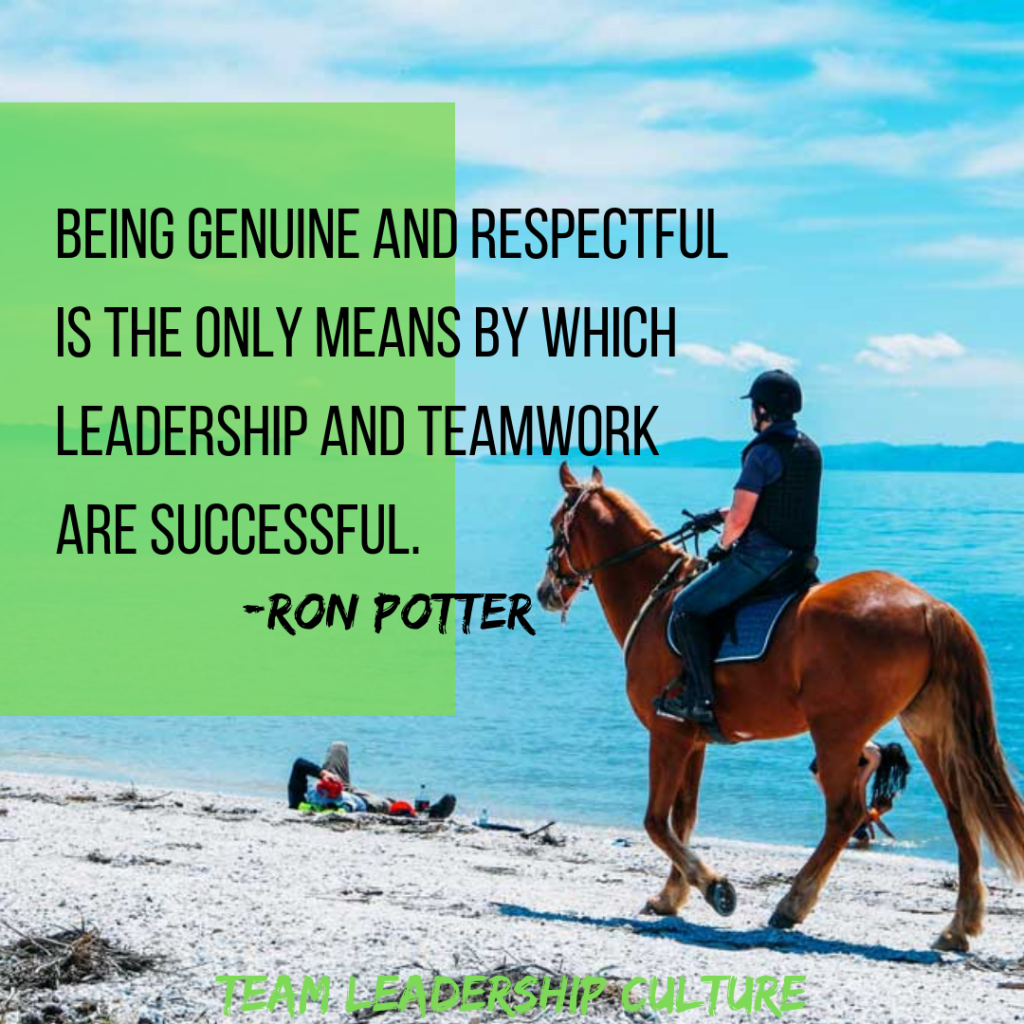I know, the actual quote says “You can lead a horse to water but you can’t make him drink.” The essence of the proverb is that you can give someone an opportunity but you can’t force them to take it.
I’ve had a couple of horse-related experiences lately that got me thinking.
Equestrians
I have two granddaughters who are both equestrians. I was watching one granddaughter take her horse through the paces in the arena and then cleaning and grooming him afterward. During my time in the arena, I watched as she guided the horse through different patterns and speeds. What amazed me was that I couldn’t discern what she was doing to get the horse to speed up, slow down, turn left or right. It was almost as if the horse knew what to do and she was just along for the ride.
After her ride, she was washing, cooling down and grooming her horse. Once again, I was amazed to see this petite young woman work around this half-ton animal with no concern for getting kicked, shoved or bitten. You could see the complete trust between them. So that was my first clue. Trust!
After she released her horse to the pasture, I asked her how she got the horse to work through the different maneuvers without doing much in the saddle. Her answer was simple. “I just shift my weight and the horse knows that I want to do.” Trust and understanding!
Dallas the Leadership Horse
An article appeared in the Wall Street Journal titled “How Dallas the Leadership Horse Glues Teams Back Together.”
The article was about a company called WorkHorse that hosts team-building workshops. One story was of a team that was given the assignment to get the horses to move into a pre-defined circle in a certain amount of time. After no success and with just three minutes to go in the exercise, one of the team members dispensed with the pleasantries, walked up to Dallas the Leadership Horse and began scolding him. “Sometimes you have to do things you don’t want to do!” she said. Then she leaned against him and started pushing.
Kristen de Marco who founded WorkHorse, says she’s seen this scenario play out before. “Under pressure, some humans resort to treating equines like recalcitrant office workers, issuing orders, making threats, dangling incentives, even shoving them. None of it works.”
She says that horses can sense when a stranger’s energy doesn’t feel genuine, or fails to line up with their body language, or conveys something other than trust and respect. If you’re bossy, overconfident or inauthentic, horses just tune you out. “They can’t read your resume. They only care about who you are in the moment.”
Leadership and Teams
The bold emphasis in the previous paragraph is mine. But look at the words.
- Under pressure
- Genuine
- Trust and Respect
- Who you are in the moment
They can’t read your resume! They only care who you are in the moment.
This blog post was supposed to be a break from the Team outline that we’ve been working on since the first of the year. But it seems to have fallen right back in step with the lessons we’ve been learning along the way.
Who are you in the moment? Genuine? Authentic? Trusting? Respectful?
How are you treating the other person in the moment? Being genuine and respectful is the only means by which leadership and teamwork are successful.



